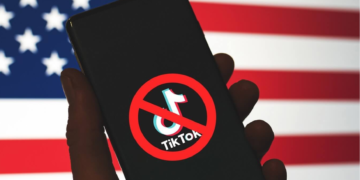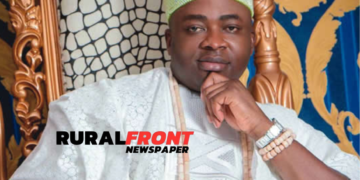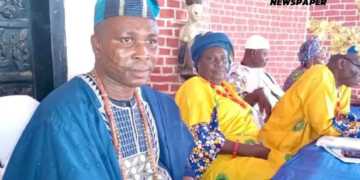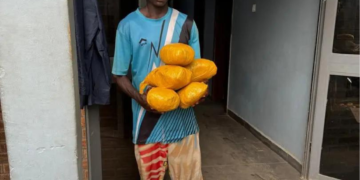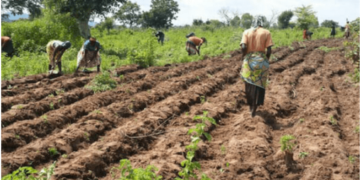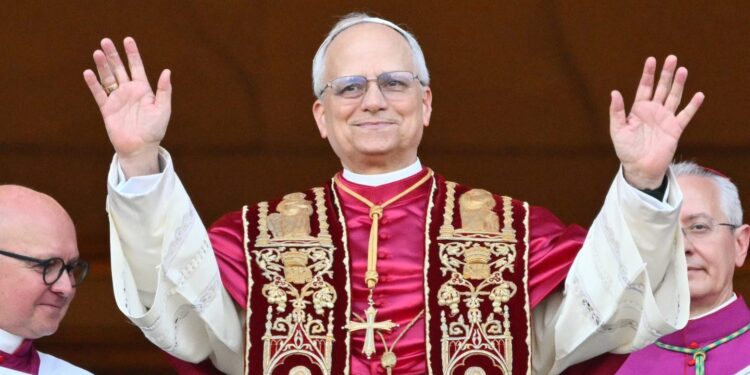Rome, Vatican City – May 8, 2025
The white smoke has risen, the bells of St. Peter’s have tolled, and the world now turns its eyes to a new spiritual leader: Cardinal Robert Francis Prevost, an American Augustinian missionary, has been elected as the 267th pope of the Roman Catholic Church, taking the name Pope Leo XIV.
This moment is nothing short of historic. Not only is he the first American-born pope in history, but his election also signals a powerful shift in tone, leadership, and geographic influence within the Church.
A Humble Journey from Chicago to Rome
Born on September 14, 1955, in Chicago, Illinois, Robert Francis Prevost began his journey as a member of the Order of Saint Augustine (O.S.A.), eventually becoming a missionary in Chiclayo, Peru. His years in Peru weren’t marked by lofty titles or grand ceremonies but by deep pastoral work, formation of clergy, and direct service to the poor.
His academic path led him to study theology in Rome and earn a doctorate in canon law from the Catholic University of Louvain in Belgium. Despite his impressive credentials, he has always been described as a quiet, prayerful, and unassuming figure—someone who leads with listening and acts with deliberation.
The Vatican Years and Rise in Global Influence
In 2015, Pope Francis appointed Prevost as the Bishop of Chiclayo, recognizing his commitment to missionary life and pastoral care. His influence grew quietly but steadily.
By 2020, he was brought into the inner workings of the Vatican’s governance, and in 2023, he was appointed Prefect of the Dicastery for Bishops—a powerful role that placed him at the center of global episcopal appointments. Many described him as “the bishop-maker,” a steady and wise hand guiding the future of the Church’s leadership.
That same year, Pope Francis elevated him to Cardinal. Less than two years later, his brother cardinals entrusted him with the Church’s highest office.
Why Leo XIV?
By choosing the name Leo XIV, he nods to a lineage of popes known for strength, social vision, and doctrinal clarity. Many observers see parallels with Pope Leo XIII, known for his groundbreaking encyclical Rerum Novarum on workers’ rights and the Church’s role in modern society.
With Pope Leo XIV, there is an expectation of gentle reform—a continuation of synodal dialogue, deeper attention to the Global South, and a renewed emphasis on humility in leadership.
The First American Pope: A Symbol of Global Catholicism
His election is also profoundly symbolic. For centuries, the papacy has largely been a European affair. But the Church is changing. Today, the majority of the world’s Catholics live outside of Europe—particularly in Latin America, Africa, and Asia.
By electing an American pope with deep Latin American experience and a heart for mission, the cardinals have sent a clear message: the Catholic Church is global, and its future lies beyond old borders.
What to Expect from Pope Leo XIV
While the new pope is not expected to be a headline-making revolutionary, insiders say he will likely continue Pope Francis’s emphasis on:
-
Decentralization of Vatican authority
-
Global representation in episcopal leadership
-
Pastoral care over doctrinal rigidity
-
Climate advocacy and social justice
-
Listening-centered synods
In a time of increasing polarization—both in the Church and the world—Pope Leo XIV may be the reconciler many have prayed for.
A New Chapter Begins
As he stepped onto the loggia of St. Peter’s Basilica and delivered his first blessing as pope, the crowd below erupted in joy. There were tears, cheers, and quiet reverence.
The world watches now, filled with hope, curiosity, and questions. But one thing is certain: a new chapter in the Church’s history has begun.
Habemus Papam.
Long live Pope Leo XIV.


